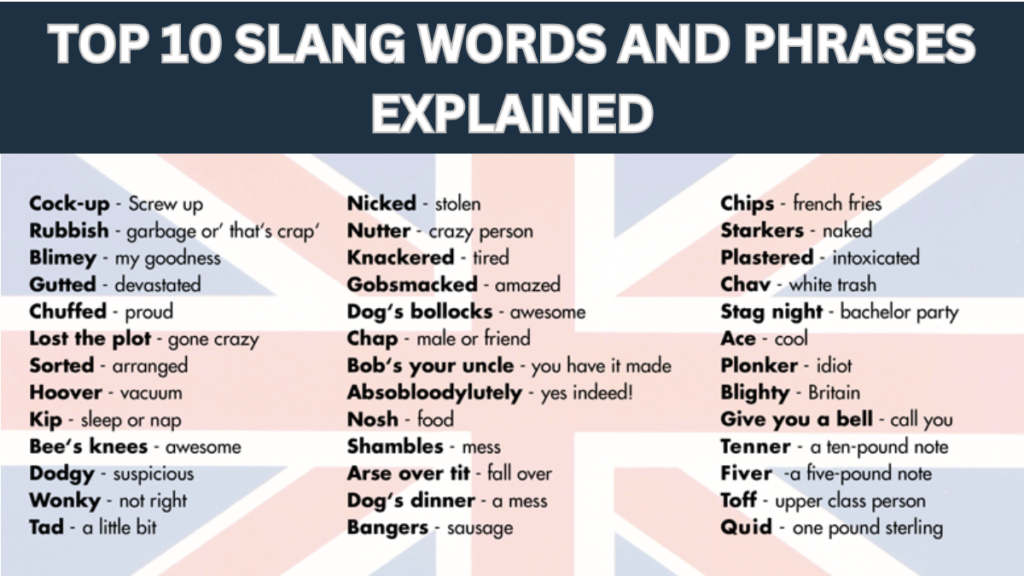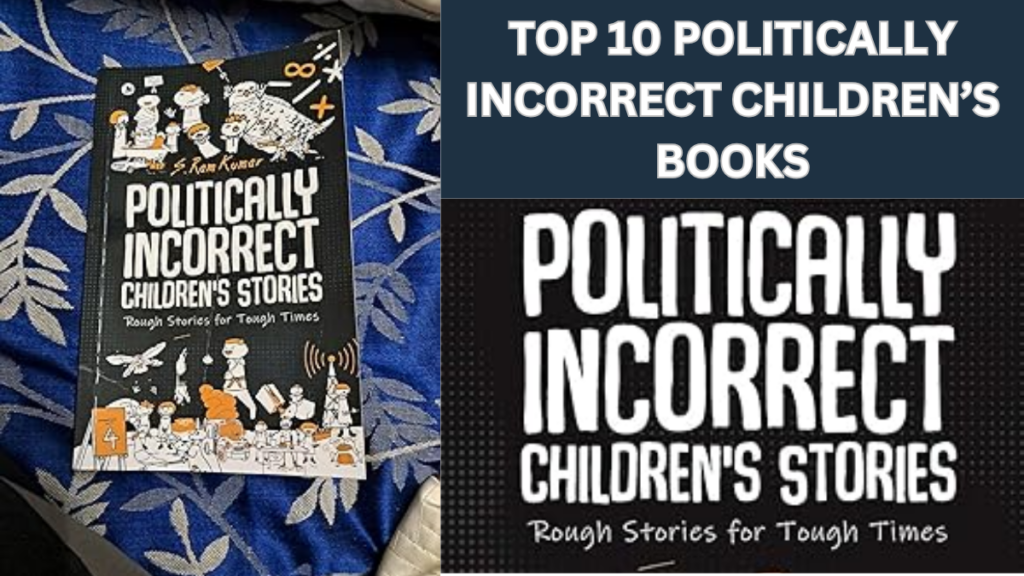Top 10 Common English Language Errors
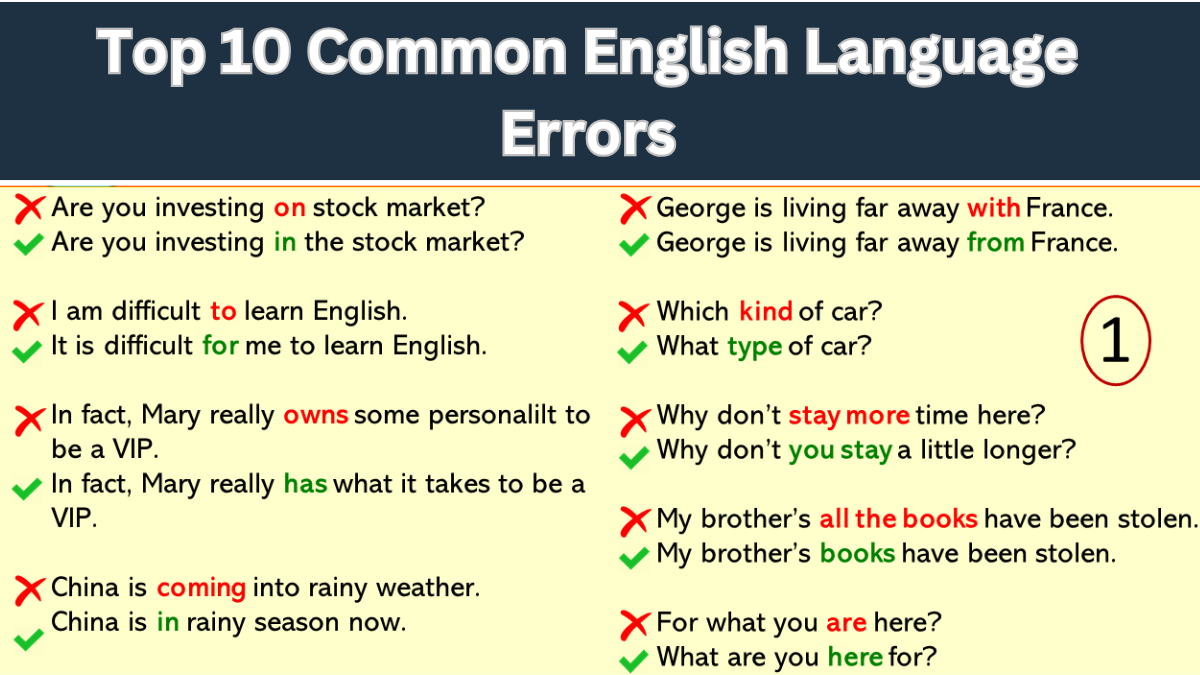
Mastering English can be “Discover the top 10 most common English language errors, from ‘your vs. you’re’ to the correct use of ‘literally,’ with simple tips to master them and improve your writing skills.”, but here are ten common pitfalls and how to avoid them.
- Practice / Practise:
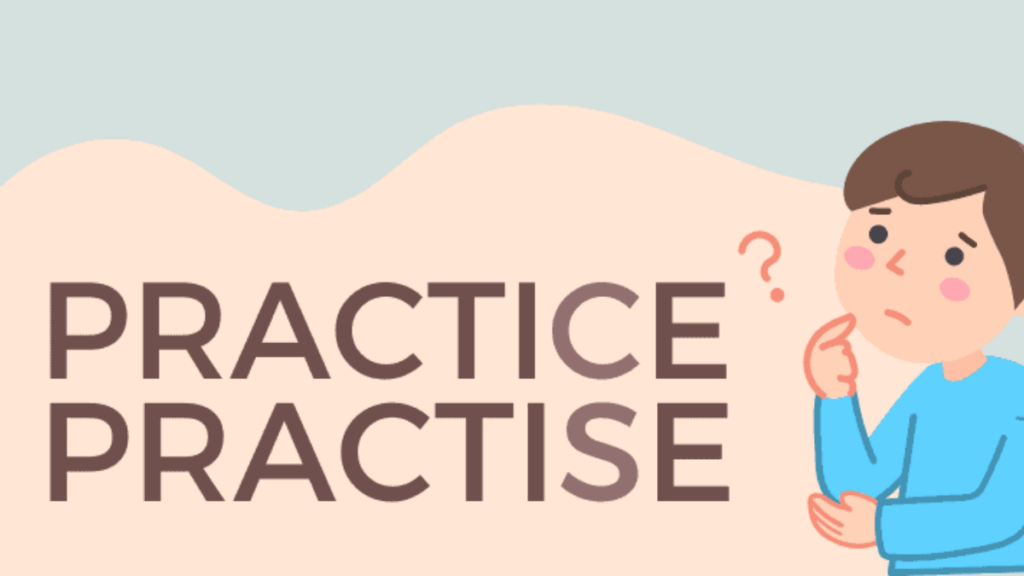
In the U.S., “practice” is used for both noun and verb, while in the UK, “practice” is a noun and “practise” is a verb.
- Bought / Brought:
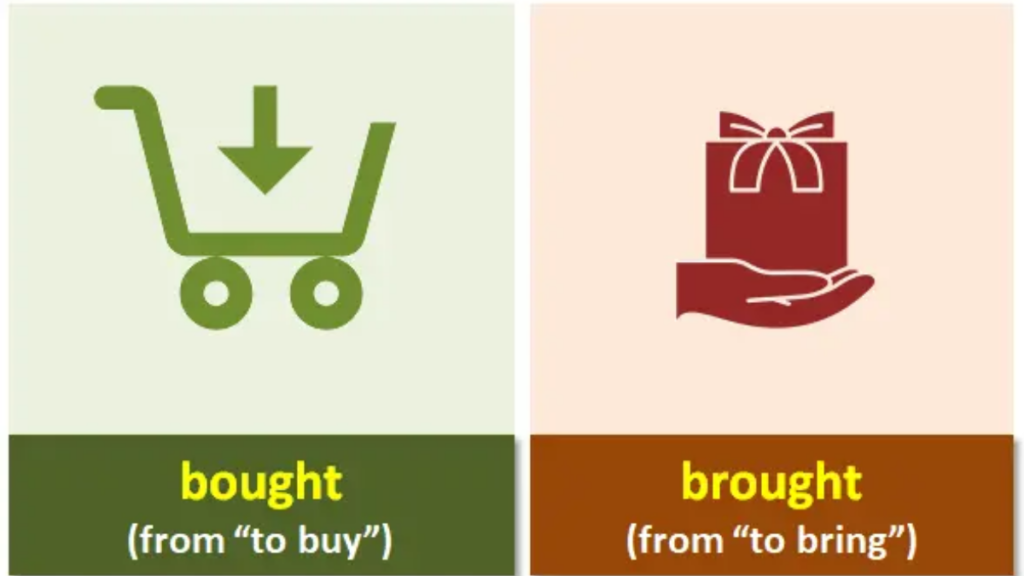
“Bought” is for purchases, while “brought” refers to bringing something. A mnemonic: “br” in “brought” links to “bring.”
- Your / You’re:
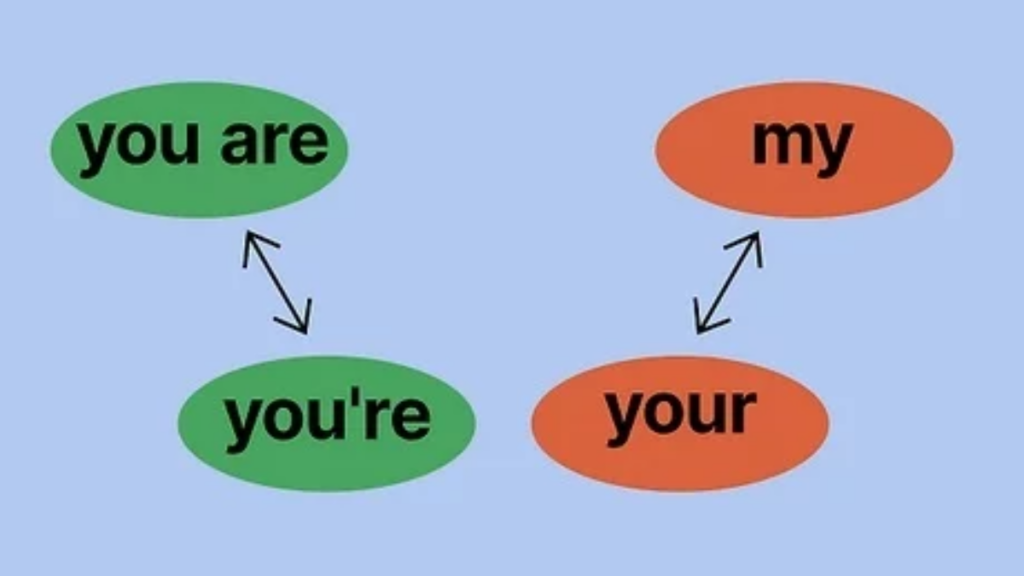
“Your” shows possession, and “you’re” means “you are.” Expand the apostrophe to test usage.
- Its / It’s:
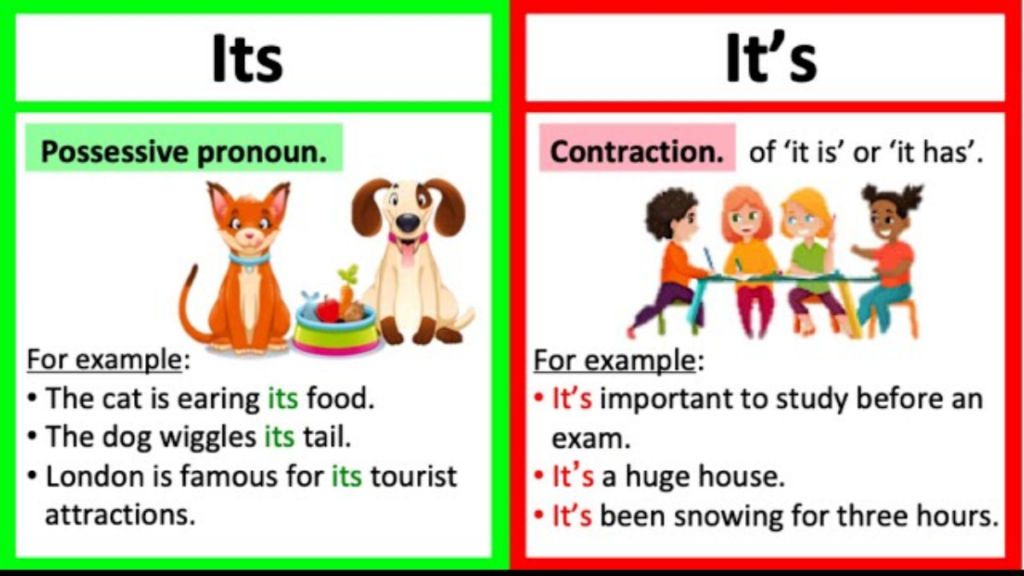
“It’s” means “it is” or “it has,” while “its” denotes possession (e.g., “its fur”).
- Two / To / Too:
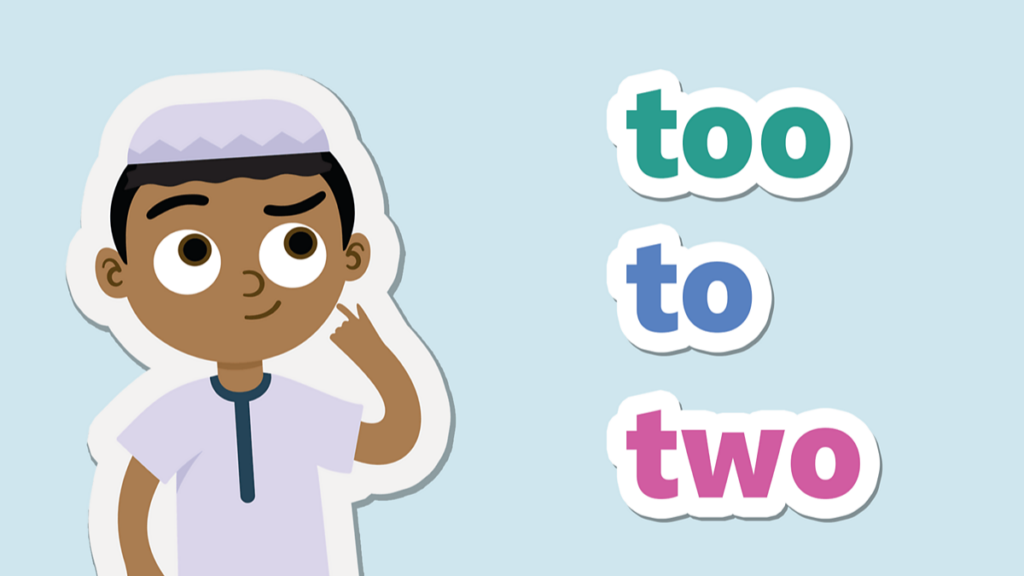
“Two” is a number, “to” indicates direction, and “too” means “also” or excess.
- Desert / Dessert:
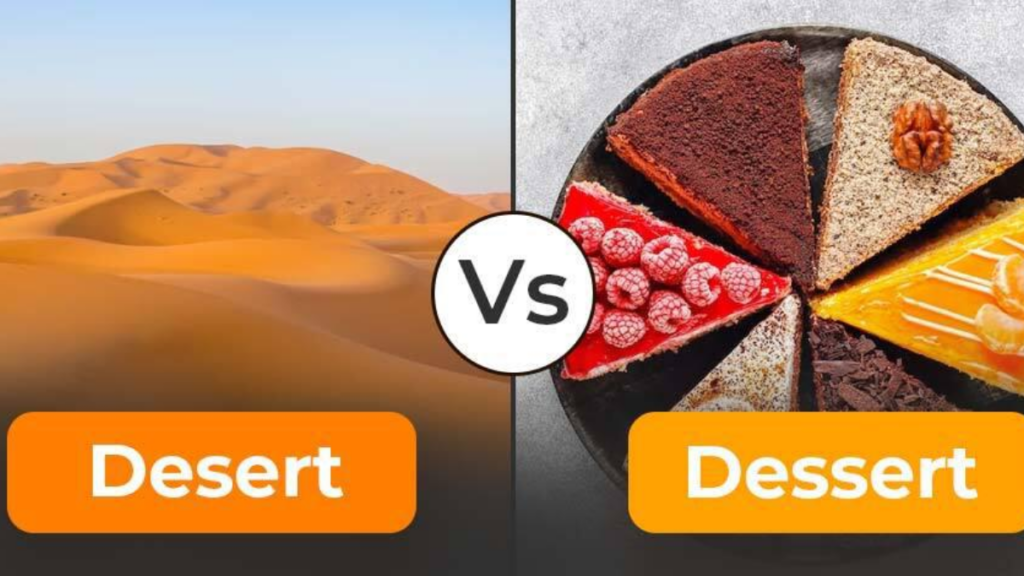
“Desert” (one ‘s’) is a barren area; “dessert” (two ‘s’s) is a sweet treat—think “seconds” for two ‘s’s.
- Dryer / Drier:
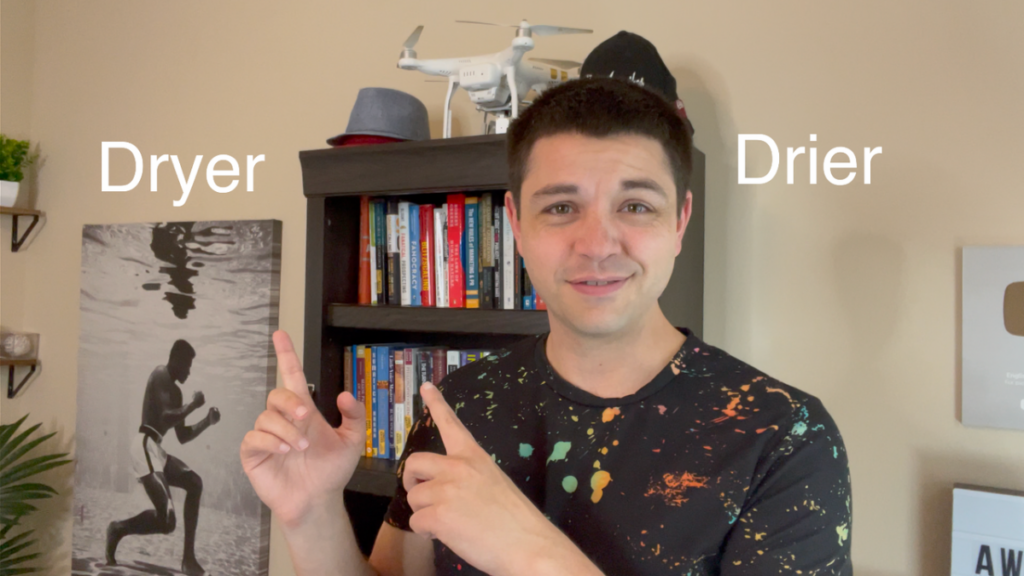
A “dryer” is a machine, and “drier” describes something less wet.
- Chose / Choose:
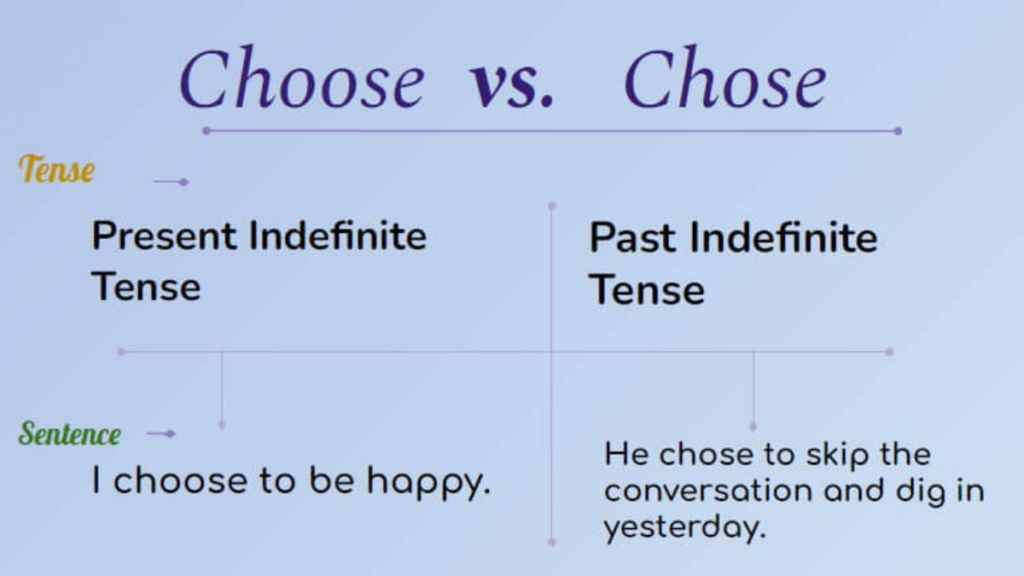
“Chose” is past tense, pronounced like “nose,” while “choose” is present tense, pronounced with an “oo.”
- Lose / Loose:
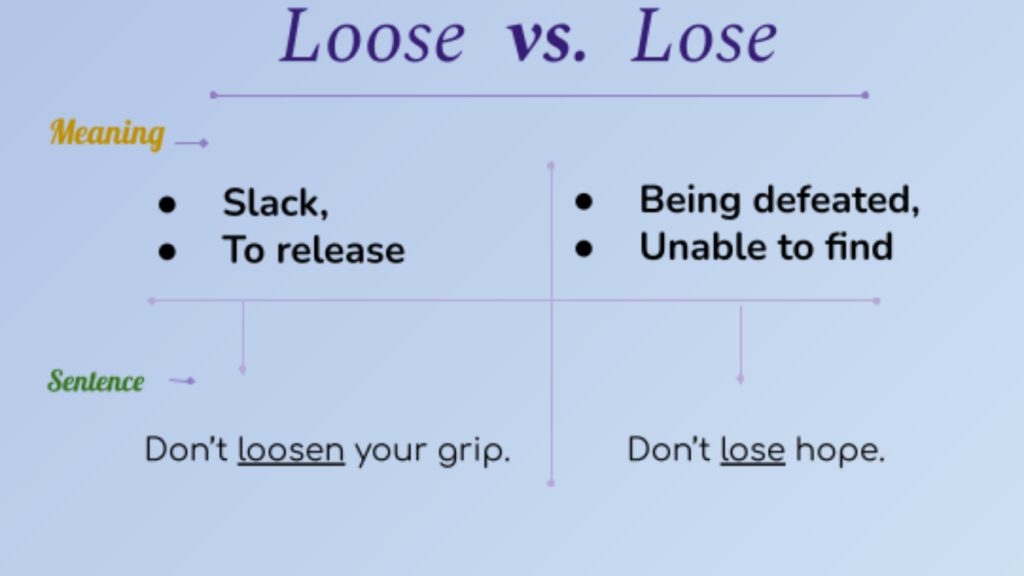
“Lose” means misplace or fail, while “loose” means not tight. Remember, “lose” has “lost” an “o.”
- Literally:
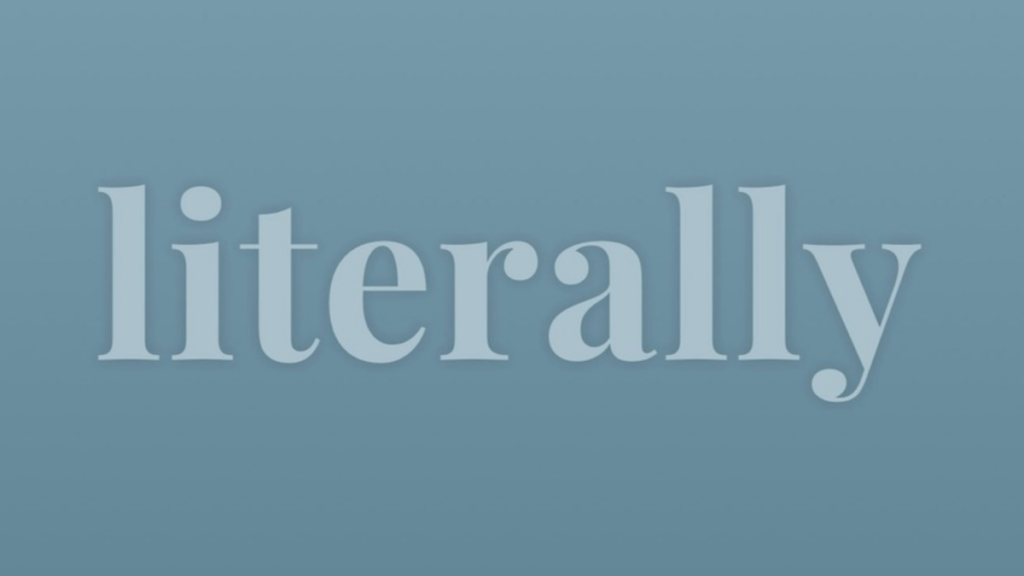
se “literally” only for actual events, not figurative expressions (e.g., “he literally exploded” if it truly happened).

